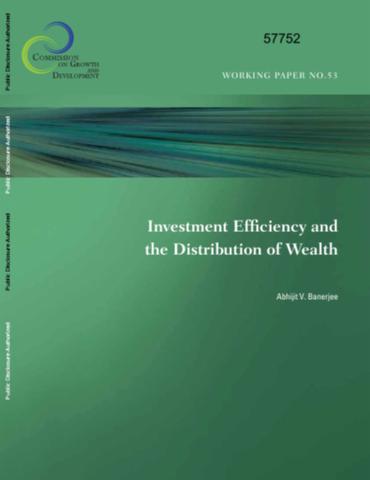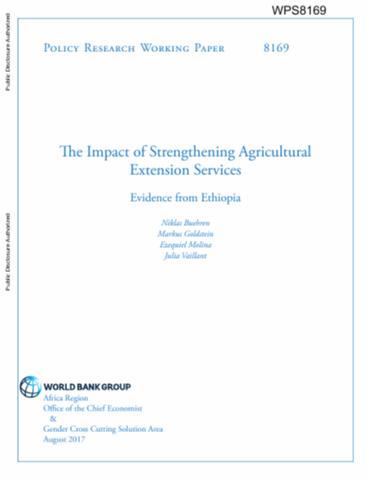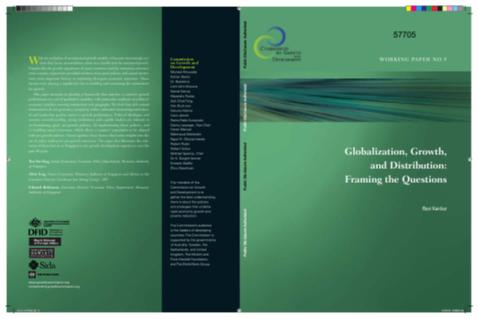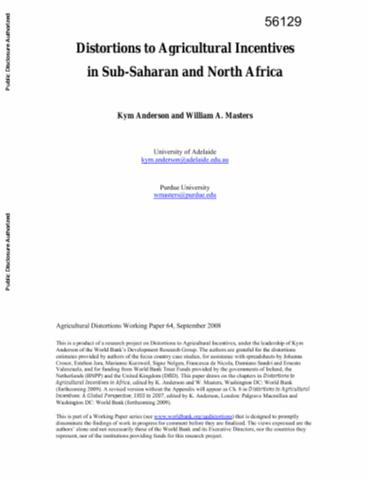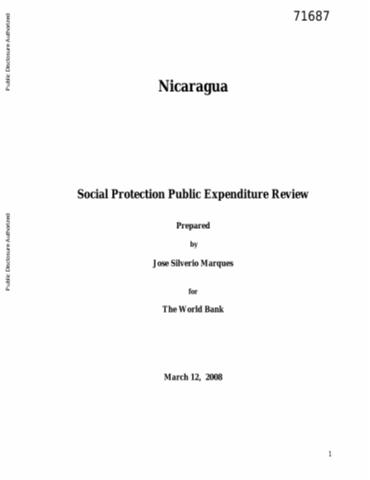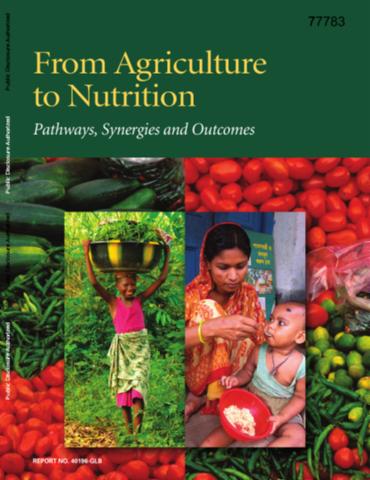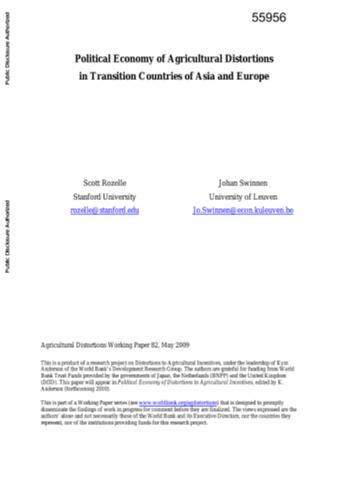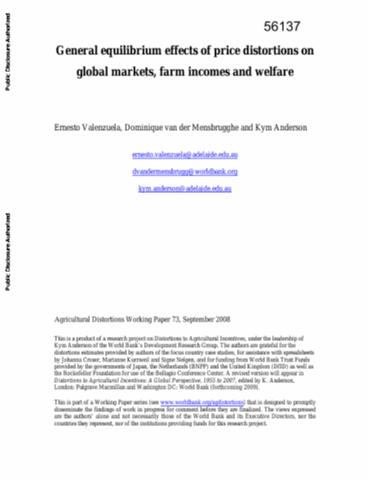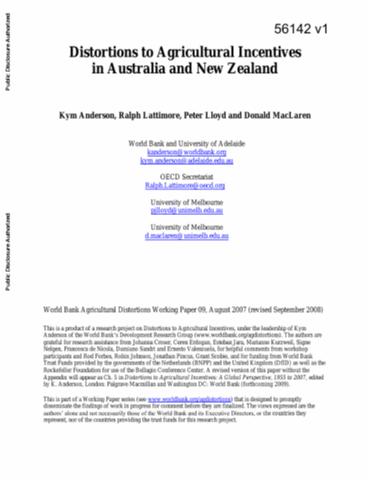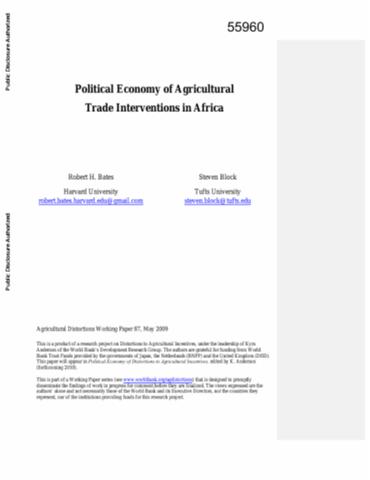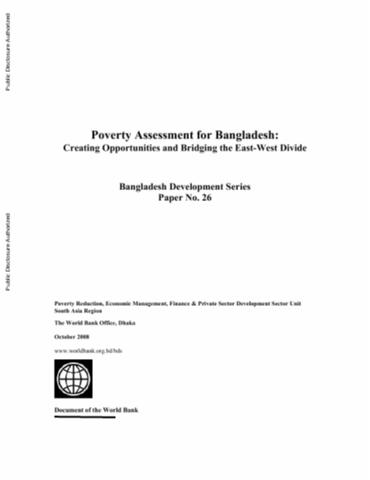Investment Efficiency and the Distribution of Wealth
The point of departure of this paper is that in the absence of effectively functioning asset markets the distribution of wealth matters for efficiency. Inefficient asset markets depress total factor productivity (TFP) in two ways: first, by not allowing efficient firms to grow to the size that they should achieve (this could include many great firms that are never started); and second, by allowing inefficient firms to survive by depressing the demand for factors (good firms are too small) and hence factor prices.

